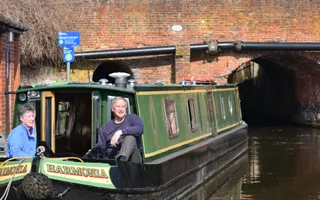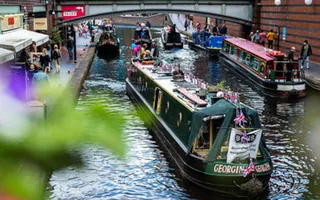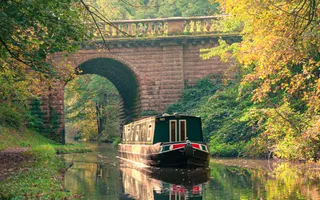Hi everyone, my name is Steve Bosworth and I lead the operational property team for Canal & River Trust. Today I'm just going to give you a quick update on our new customer service facilities policy, the work we've been doing over the last couple of weeks and months with our contractors and our future investment strategy.
So, as you all are all aware, we have released our new customer service facility policy which means we are going to be providing essential services in the form of water points and Elsans every 7 hours cruising and pump outs every 14 hours. We're also going to be working with our supply chain to ensure that these essential services are given priority for repair with a view of achieving first-time fixes in excess of 80% and that all essential services are attended to within 24 hours of being notified.
In addition to the works that we've done with our supply team to ensure that our services are repaired within 24 hours where possible, we've also announced a £4.5 million investments project, which my team will be heading up. My new team for this project will be starting at the end of September with a view of standardising all of our 600-plus water points across the network.
We'll also be replacing 23 obsolete pump outs to ensure that they can be maintained with our current standards. And we will also be looking to install new standalone Elsan facilities in line with our new 7-hour cruising standard.
Over the next couple of weeks and months via the better boating web pages, we will be providing updates on programmes, schedules of the works, and we'll also provide updates with pictures and communications as well.
Thank you very much, and I look forward to seeing you all soon. Cheers. Take care. Bye-bye.








